
Anita Makkenchery, MD, MPH, and Brandy Farrar, PhD, discuss the potential for community health workers to become a regular part of the health care system in a post-COVID-19 world.

Anita Makkenchery, MD, MPH, and Brandy Farrar, PhD, discuss the potential for community health workers to become a regular part of the health care system in a post-COVID-19 world.
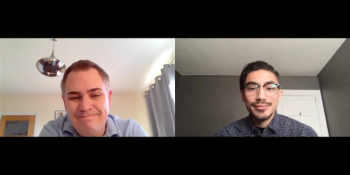
Investing further in the development of health care staff in often overlooked aspects, such as digital technology and business acumen, can lead to incremental differences in engagement and productivity.
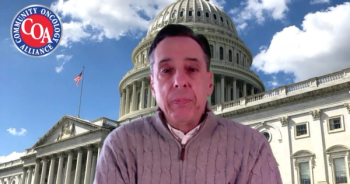
Ted Okon, MBA, executive director, Community Oncology Alliance (COA), speaks on the most significant challenges members encountered in the past year managing the COVID-19 pandemic ahead of the 2021 Community Oncology Conference.
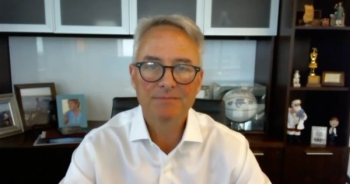
Jeff Patton, MD, CEO, OneOncology, chairman of the board, Tennessee Oncology, discusses what audience members should expect from the Community Oncology Conference 2021 and sessions he is looking forward to.

Dayna Clark, MPH, and Kalpana Ramiah, DrPH, MSc, explain why patient trust is important for hospitals to have, as discussed in their poster presented at the 2021 AcademyHealth National Health Policy Conference.
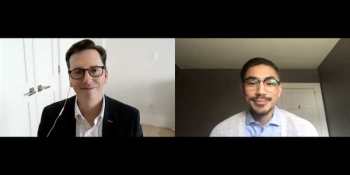
Amid the pandemic, organizations utilizing a value-based care reimbursement model may be better positioned than those using a fee-for-service model to delineate high-risk patients and manage their care, particularly for long-term symptoms that may arise due to COVID-19.

Anita Makkenchery, MD, MPH, and Brandy Farrar, PhD, discuss how community health workers can address COVID-19 vaccine hesitancy.
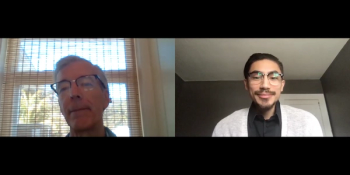
With a marked increase in virtual care use amid the COVID-19 pandemic, several strategies can continue to evolve its effectiveness and adoption. This includes addressing disparities in usage among older populations and underserved communities, as well as improving home monitoring and interoperability.

To adapt to a new requirement this year for all US hospitals to publicly post the costs for treatment services under every insurance plan, health systems should be prepared to field the range of questions that consumers may ask on issues such as outcomes data and cost for prospective services.
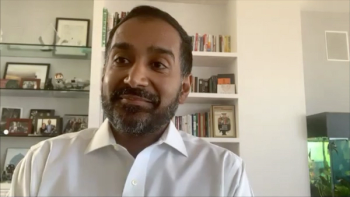
Sachin Jain, MD, MBA, FACP, explains why health systems shouldn't be afraid to analyze health care disparities within their own institutions.

Anita Makkenchery, MD, MPH, and Brandy Farrar, PhD, discuss how the pandemic has highlighted the need for community health workers and what sets them apart from other health care professionals.
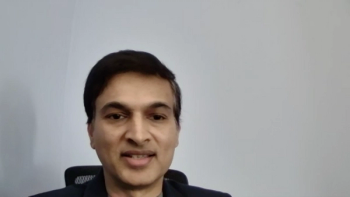
Vamshi Rao, MD, attending physician of Neurology at Ann and Robert H. Lurie Children’s Hospital of Chicago discusses how new treatments will influence future care guidelines for spinal muscular atrophy (SMA).

Sachin Jain, MD, MBA, FACP, discussed what needs to happen to ensure telehealth is safe and accessible to patients post-pandemic.

Through heightened awareness and education on skin disorders in Parkinson disease (PD), neurologists and dermatologists can better recognize PD-related manifestations that are present on the skin and direct patients to the optimal source of care for these issues.

Vamshi Rao, MD, attending physician of Neurology at Ann and Robert H. Lurie Children’s Hospital of Chicago, discusses the future of combination therapies in the spinal muscular atrophy (SMA) space.
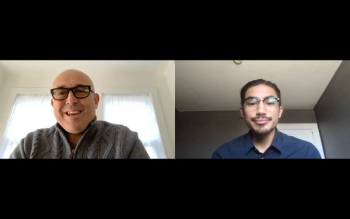
Jeffrey Hogan, Northeast regional manager of the Rogers Benefit Group and member of the Board of Directors for the Connecticut Business Group on Health, discussed how his organization helped providers navigate some of the challenges posed by the pandemic.
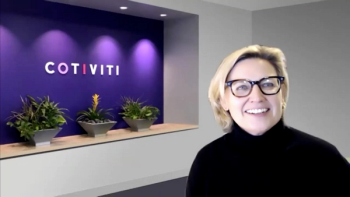
Nicole Neumarker, executive vice president of development and innovation at Cotiviti, discusses the key areas to remember when developing new data models in health care.
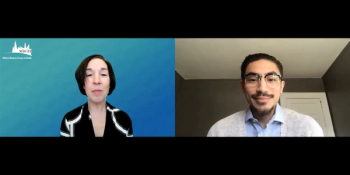
The Midwest Business Group on Health's program this week on behavioral health will explore strategies that employers have implemented to address rising anxiety and financial stressors in the workforce amid the coronavirus disease 2019 pandemic.

The abnormal clumping and accumulation of alpha synuclein has been shown to cause and spread dysfunction in cells, leading some to characterize Parkinson disease by proteinopathy or as a protein disease.

Sachin Jain, MD, MBA, FACP, president and CEO at SCAN Group and SCAN Health Plan, discusses how data can help ensure that vulnerable populations aren't harmed by value-based payment models.
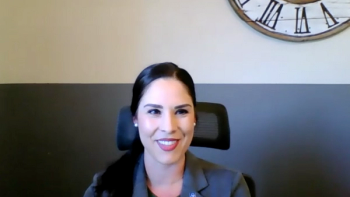
With the onset of the pandemic, the increased use of telemedicine has been the biggest change to how cancer care is being delivered; however, whether telemedicine is here to stay depends on the regulators and payers, said Amy Ellis, chief quality officer at Northwest Medical Specialties.

Sachin Jain, MD, MBA, FACP, discussed his recent paper that addressed the importance of increased utilization of community health care workers.

Vamshi Rao, MD, attending physician of Neurology at Ann and Robert H. Lurie Children’s Hospital of Chicago, discusses the safety and efficacy of spinal muscular atrophy (SMA) treatments.
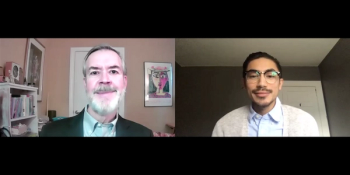
In addition to coronavirus disease 2019, several other factors will play a major role in health care policy reform for federal and state-level health officials this year, including the transition to value-based care and containment of high health care costs.

Sachin Jain, MD, MBA, FACP, previews some of the topics of discussion for his talk with former HHS Secretary Kathleen Sebelius at the upcoming 2021 Health Datapalooza and National Health Policy Conference.

Robert K. Massie Jr, PhD, MA, of the Society for Progress, was born with severe factor VIII hemophilia in August 1956. He contracted HIV in 1978 and later hepatitis C, both from contaminated blood products.

Ohio dermatologist Matthew J. Zirwas, MD, offers his view on what step therapy would look like in patients with atopic dermatitis.
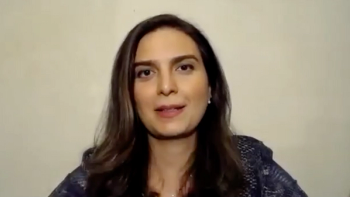
Timing of relapses in multiple sclerosis is one of several interactions among aging, the trajectory of progressive disease, and worsening disability, according to Burcu Zeydan, MD, assistant professor of neurology, assistant professor of radiology, at the Mayo Clinic.

Whereas patient care was often bogged down in bureaucracy when he was younger, Robert K. Massie Jr, PhD, MA, of the Society for Progress, notes that hospitals and caregivers are increasingly paying attention to what makes sense for patient care.
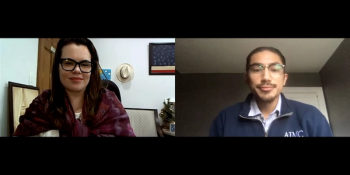
Several initiatives help to provide free clinical research and education to promote diversity and inclusion in clinical trials, as well as to spotlight and destigmatize mental health issues, noted Angela Colon-Mahoney, MS, Otsuka America Pharmaceutical Inc.

259 Prospect Plains Rd, Bldg H
Cranbury, NJ 08512
© 2025 MJH Life Sciences®
All rights reserved.
